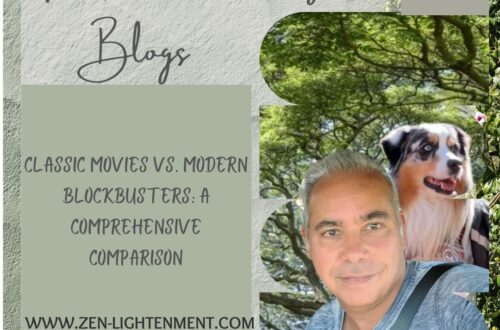About Zen-Lightenment
Zen: Become your own best friend. Learn to trust your mind and thoughts, so they don’t alienate from you. Do this by bringing them into focus and be considerate with them like you would someone you care about.
Introduction
Zen is not a religion, and stands apart from traditional religions as it steers clear of religious formalities and rituals. Zen philosophy embraces simplicity and, emphasizes the practice of clearing your mind through meditation, as the key ingredients to awakening ones inner nature and a means of attaining enlightenment.
Most individuals who embrace the Zen mindset discover that by emptying their minds and not indulging in self-judgment, they pave the way for personal transformation – Enlightenment!
Zen put simply, is about finding Clarity and Peace of Mind. Helping you react to negative or chaotic situations by first clearing your mind of those negative thoughts. You might think, easier said than done, right? Ralph Waldo Emerson said “You are what you think you are.” If you allow your mind to take you down the path of negativity, that’s where your unconscious mind will lead you. Thoughts are very strong emotions. Thoughts are things. So, in my opinion “Take control of your thoughts before they control you”. We must learn to identify these negative thoughts, and channel them into more positive experiences. However, before we do this we must first learn to empty our minds; we must learn to control and mold our minds in a way that brings fulfillment to our lives.
The Zen state of mind should be the same as a clean slate, there should be no assumptions, or preset expectations. Approach the situation like a true apprentice, “always have an open mind.” Bruce Lee said “You must be shapeless, formless, like water. When you pour water in a cup, it becomes the cup. When you pour water in a bottle, it becomes the bottle. When you pour water in a teapot, it becomes the teapot. Water can drip and it can crash. Become like water my friend.”
Adding “Zen” to our life is beneficial to both our mind and our body.
Be Mindful. Being mindful is the ability to focus and train your mind to become conscious of yourself, so you have the capacity to pay attention to your own purpose and significance. Zen masters have defined mindfulness as living in the moment, from a position of not being impulsive or judgmental about yourself or others. Mindfulness enlightens us about ourselves in relation to others.
Be Conscious of Your Actions. We humans have a very complex characteristic that sets us apart from most living species on this planet. Its call The Conscious Mind. Other species may have some level of consciousness, however, not as complex. Basically, consciousness is self awareness in relation to the world around you. As Siegal says in his book Mindsight, “This is the receptive hub of the mind, the tranquil depth of the mental sea.” Most people are unaware of its presence, and hardly pay any attention to it. They become reactive to every situation. I call this being in a state of “Unconscious Adherence.” The Zen mindset allows you to be aware of your actions, accepting and thoughtfully responding to them, rather than impulsively reacting to them.
Be in The Moment: I remember a quote from Louis L’Amour – “Few of us ever live in the present. We are forever anticipating what is to come, or remembering what has gone by.” In my earlier days, I have been led off course by thinking of a future or past task while working on a present task. It’s possible, if the present task is monotonous and the future or past tasks have been more interesting or less tedious. To stay present with whatever you’re doing in this moment, you need to recognize when you’re drifting, and pull yourself into the present. Initially it may seem very difficult; however, in good time you will find it becoming easier.
Johann Wolfgang Von Goethe quotes – “Always hold fast to the present. Every situation, indeed every moment, is of infinite value, for it is the representative of a whole eternity.”
None of the information in my blogs posts should be considered, or accepted as professional advice. It is for reading purposes only and is based on personal experiences, and only for informational purposes.
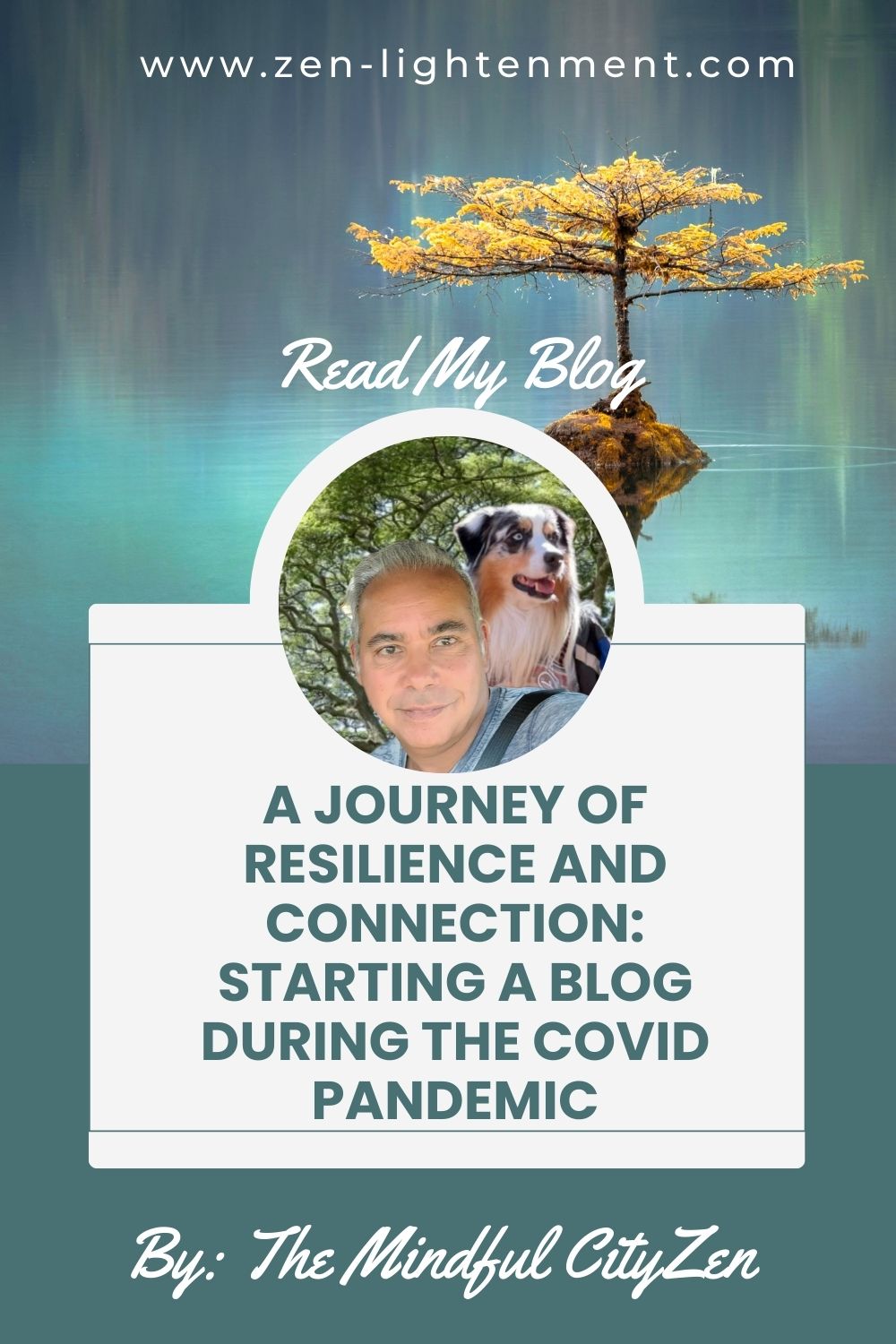
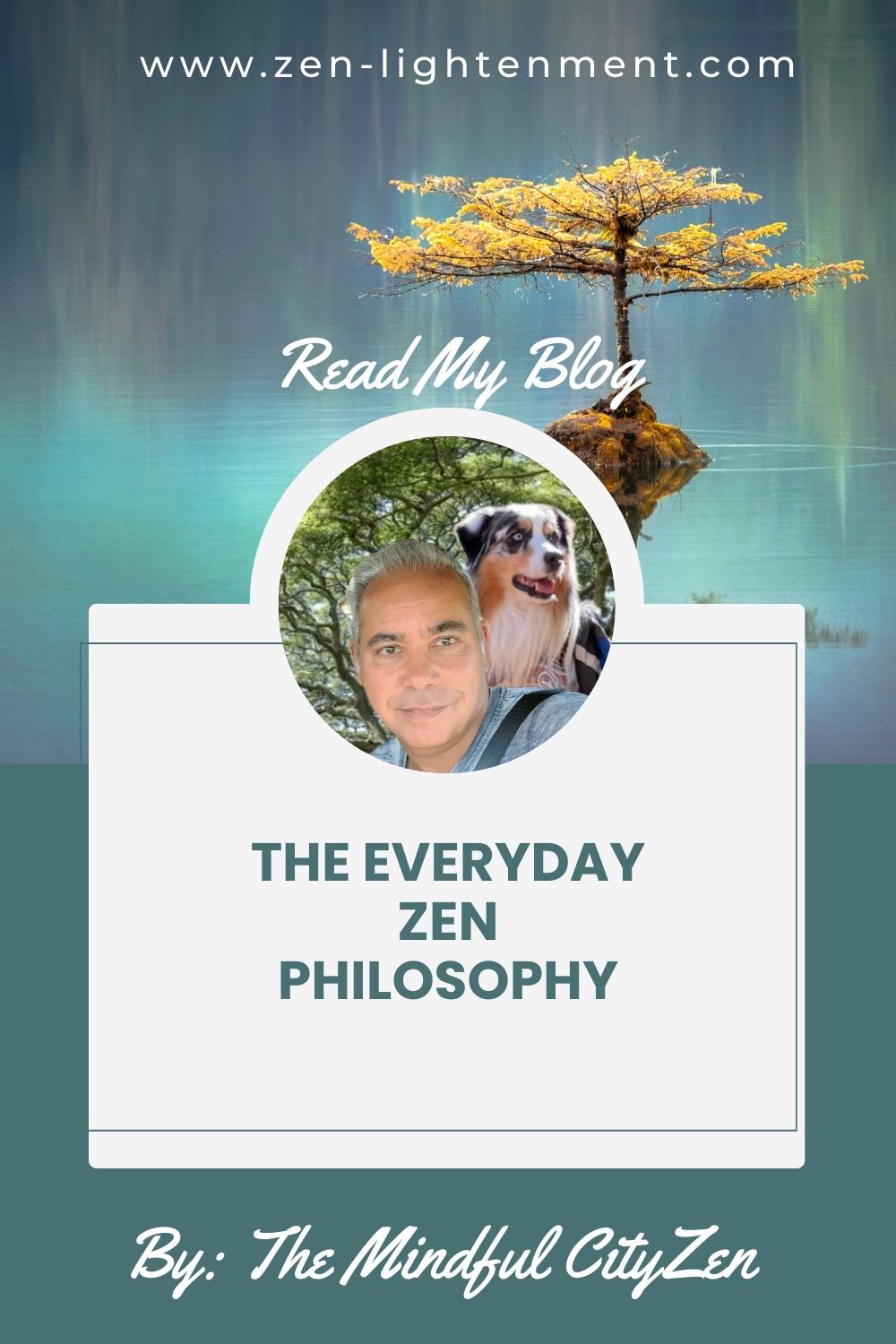
You May Also Like
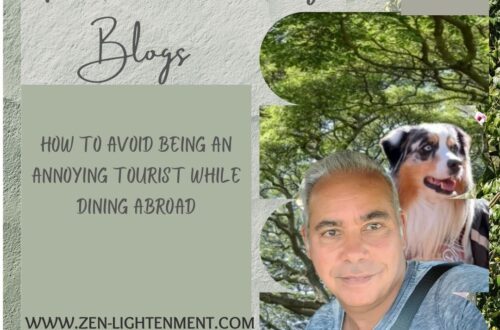
How to Avoid Being an Annoying Tourist While Dining Abroad
June 6, 2024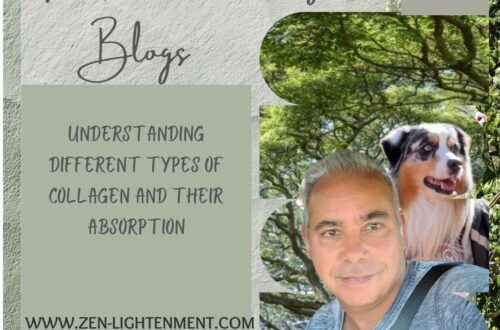
Understanding Different Types of Collagen and Their Absorption
June 4, 2024